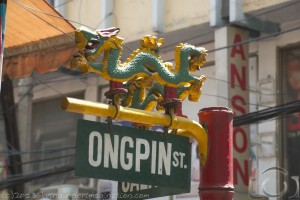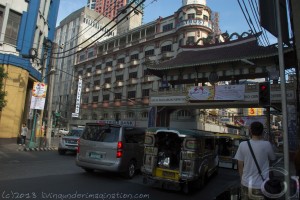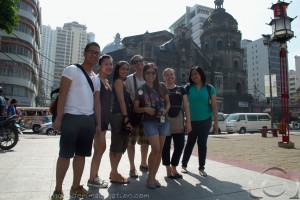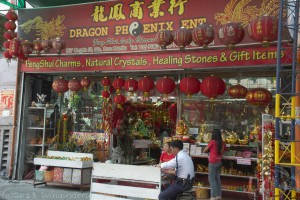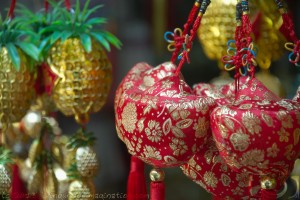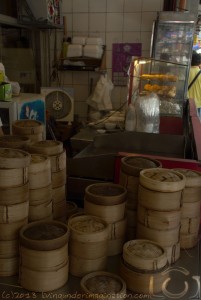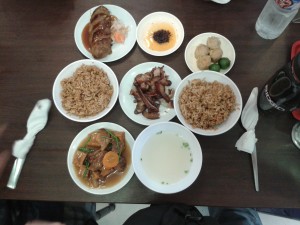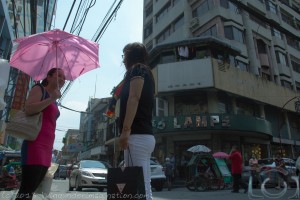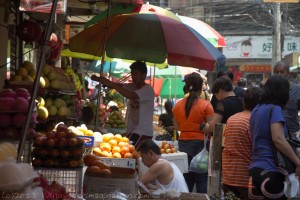This article also appears in Tara Let’s Go! Asia
“Have you been to Chinatown?”
No matter where in the world you go and travel to, chances are good that you’ll find a Chinatown nearby. Historically ethnic enclaves of Chinese people (but of course!), Chinatowns all around the world are trading posts of Chinese medicines, food, and trinkets. More than that, however, a trip through Chinatown is an experience steeped in culture and history and should be one of your travel considerations when planning your trip.
Here in the Philippines, Chinatown is located in Binondo and is the oldest Chinatown in the whole world! Established in 1594, Binondo was the center of trade and commerce for all types of businesses run by Filipino-Chinese businessmen and merchants before the Spanish arrived to colonize the Philippines, and became the center of banking and finance through the Spanish colonial period.
Last week, I went on a photowalk through Binondo organized by a friend of mine. Starting off right after Jones Bridge, you will see the Filipino-Chinese Friendship Arch and Binondo’s Chinatown architecture at the entrance of Quintin Paredes street.
As you walk further along Quintin Paredes street, you will arrive at the historic Binondo Church. Many a Filipino and/or Chinese couples got married in Binondo Church, and among them was a Filipino hero, Andres Bonifacio, father of the Philippine Revolution and leader of the Katipunan Movement, in 1895. While the Philippines has had relations with China long before the Spanish came, the influence of our Spanish colonizers and their 400-year rule are nonetheless ever-present. Binondo Church’s imposing presence clearly demonstrates this fusion of cultures unique to this country’s Chinatown.
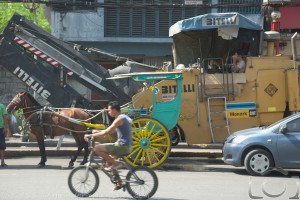
There are only a few places where you will find these three generations of transport all in one place!
From Left: The Kalesa, bicycle, modern vehicles
Another example of this fusion can be seen as you pay attention to the modes of transportation seen here. One of the interesting things about Binondo is that is one of the only a few places where you will find three generations of transport all in one place! Shown in the picture, is a bicycle, a horse-drawn carriage which is locally called kalesa, and the modern motor vehicle.
There is no shortage of trinkets, charms, and other distinctly Chinese paraphernalia in Chinatown. Feng shui, astrology, Buddhism and various other forms of beliefs and symbolism permeates Chinese culture, and you will find evidence of this seen in the streets and shops scattered across Chinatown.
As for authentic Chinese food, you can’t get any more authentic than eating in your local Chinatown. Certainly, Chinatown is the only place I know where I can get to taste authentic Hong Kong-style egg tarts short of actually going to Hong Kong (I am not a fan of Portuguese-style egg tarts)! A thorough walk around Chinatown will land you the most authentic-tasting dimsum and Chinese cuisine all at an affordable price.
In my country alone there are two Chinatowns, and I haven’t been to the other one. Each Chinatown all around the world is a piece of China, yet each one also possesses its own unique distinction. What experiences have you had in your own local Chinatown? Share your experience with our travel community and the world by hitting the comments below!
References:

